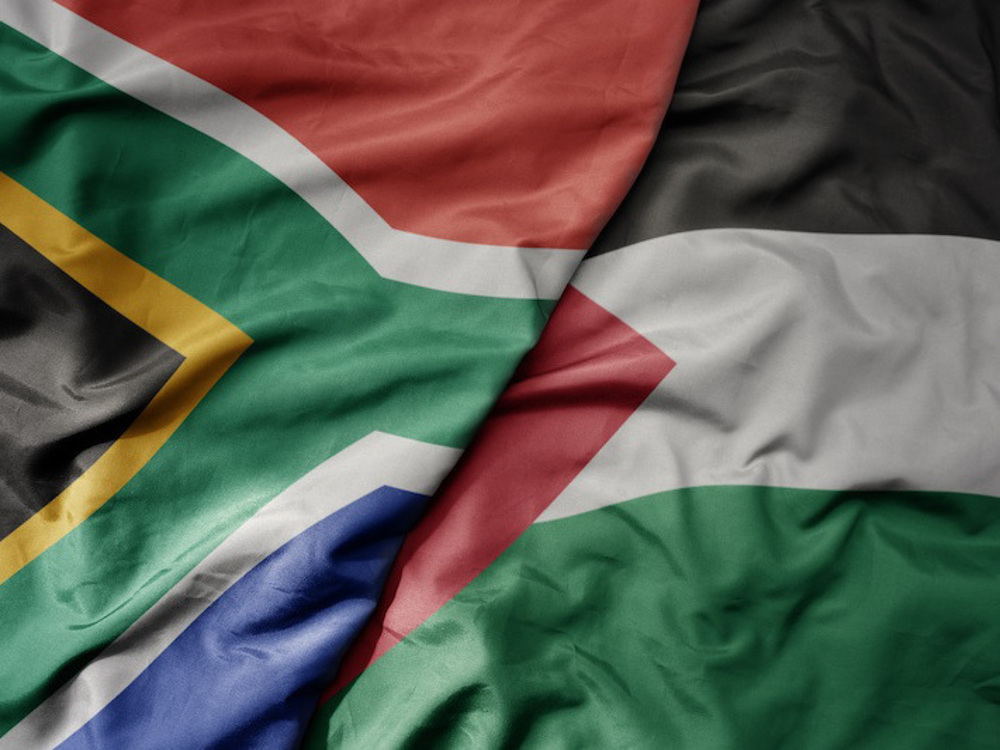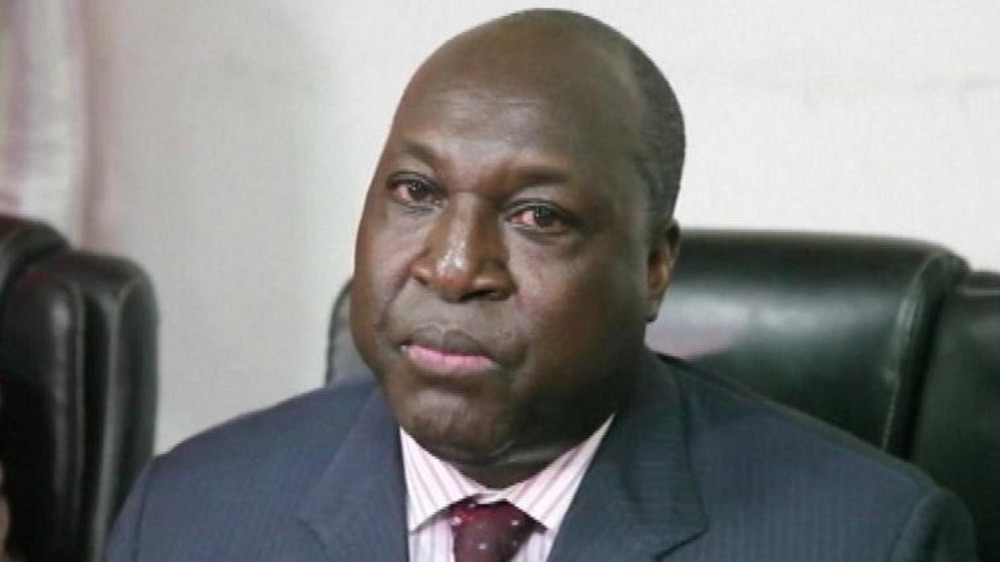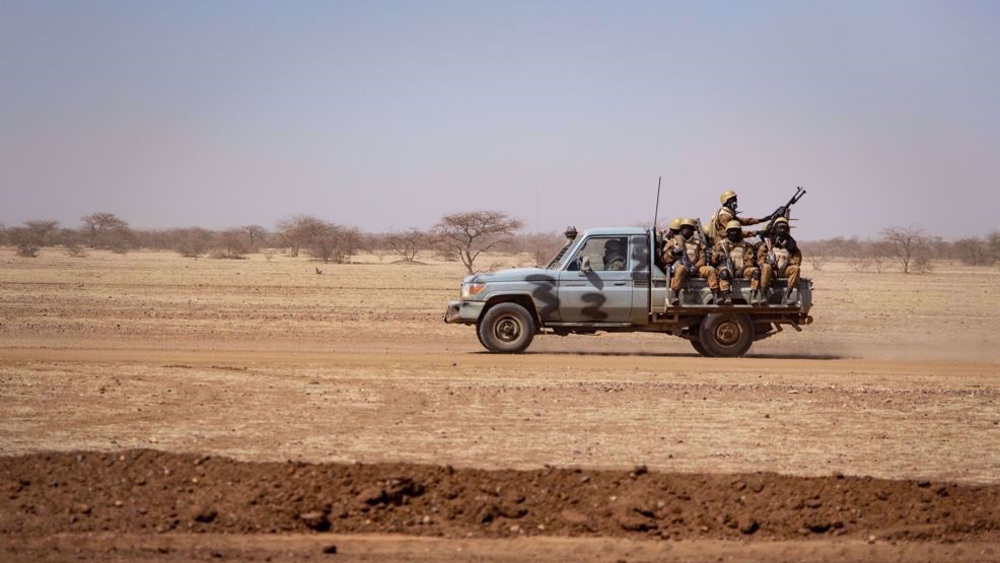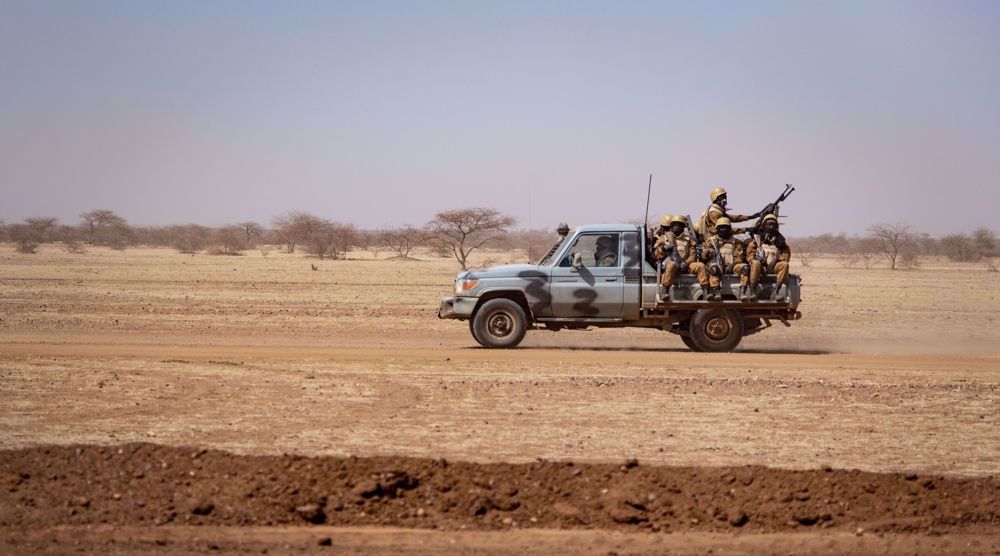Burkina Faso holds election under looming threat of violence
Burkina Faso voted on Sunday in a general election in the shadow of a growing militancy, and with opposition candidates warning of a "massive fraud" at the polls.
President Roch Marc Christian Kabore is seeking a second five-year term, campaigning on achievements such as free healthcare for children under the age of five and paving some of the red dirt roads that snake across the arid West African country.
But a surge in attacks by groups with links to al-Qaeda and Daesh has eclipsed everything and the violence has cost more than 2,000 lives this year alone.
After casting his vote in a school in Ouagadougou, Kabore told reporters: "I call on all Burkinabe to vote, whatever their leaning. It’s about the democracy of Burkina Faso, it’s about development, it’s about peace."
The electoral commission has said that polling stations will remain shut across much of the north and east for fear of violence.
"There are a certain number of polling stations which opened in the east (of the country) and in other regions but then had to close because of threats," electoral commission head Newton Ahmed Barry said, without giving further details.
"Some individuals barred the people from taking part in the vote," he said, but added that "overall... everything is going well."
At least 400,000 people - nearly 7% of the electorate – will be unable to cast their votes, official data shows.
"We need someone who is going to bring peace to our country. The president needs a second mandate to end what has started," said 59-year-old secretarial worker Maimouna Tapsoba after voting in Ouagadougou.
The election commission said some voters had experienced difficulties finding their polling stations but did not report wider disruptions.
Analysts expect a tight race that could go to a second round if no candidate wins more than 50% of the vote.
Provisional results from the first round are expected by the middle of the week.
Kabore's two main challengers are 2015 runner-up, veteran opposition leader Zephirin Diabre, and Eddie Komboigo, standing for the party of former president Blaise Compaore.
Diabre told reporters on Saturday that "there is a huge operation orchestrated by those in power to carry out a massive fraud" so as to give Kabore a first-round victory.
"We will not accept results marred by irregularity," added Diabre, surrounded at a press conference by five of the other 11 opposition candidates, including Komboigo.
Komboigo on Sunday joined Diabre in claiming the vote had been marred by fraud. Both vowed to challenge the results by filing a formal complaint on Monday. They have not provided evidence for their claims.
The head of the president's party, Simon Compaore, rejected Diabre's "allegations". Kabore did not need "any kind of fraud to the win the elections", he said.
On Sunday morning, after voting in his district of Ouagadougou, Kabore rejected any accusations of fraud at the ballot box.
"Controversies are for another day. Now we vote," he said.
But political scientist Drissa Traore said Kabore remains "the big favorite against an opposition which has not managed to unite behind a single candidate".
The campaigning ran alongside continued bloodshed and the fear of militant attacks on voting day was growing.
Fourteen soldiers were killed in an ambush in the north claimed by the Daesh earlier this month, one of the deadliest attacks on the military in the five-year militancy.
Days later, the Daesh propaganda arm published a picture of two militants killing a man wearing an army uniform -- but the military denied there had been a new attack.
Militant violence in the north -- as in neighboring Sahel states Mali and Niger -- has become intertwined with clashes between ethnic groups.
Almost all of Kabore's challengers have called for dialogue with the militants to be explored -- a suggestion Kabore has emphatically rejected.
Around 6.5 million people are eligible to vote in Sunday's election, but not in nearly 1,500 of the country's 8,000 villages, nor in 22 of more than 300 communes, because of the security risks.
(Source: Agencies)
‘Ghost town’: 70% of Jabalia buildings destroyed by Israel
Mother’s Day: Sareh Javanmardi’s inspiring journey as Paralympic champion and mother
Russia downs over 40 Ukrainian drones as Putin vows 'destruction' on Kiev
VIDEO | Yemen: A bone in Israeli neck
D-8’s role in Iran’s economy after Cairo summit
China slams US as ‘war-addicted’ threat to global security
China ‘firmly opposes’ US military aid to Taiwan
VIDEO | Press TV's News Headlines














 This makes it easy to access the Press TV website
This makes it easy to access the Press TV website